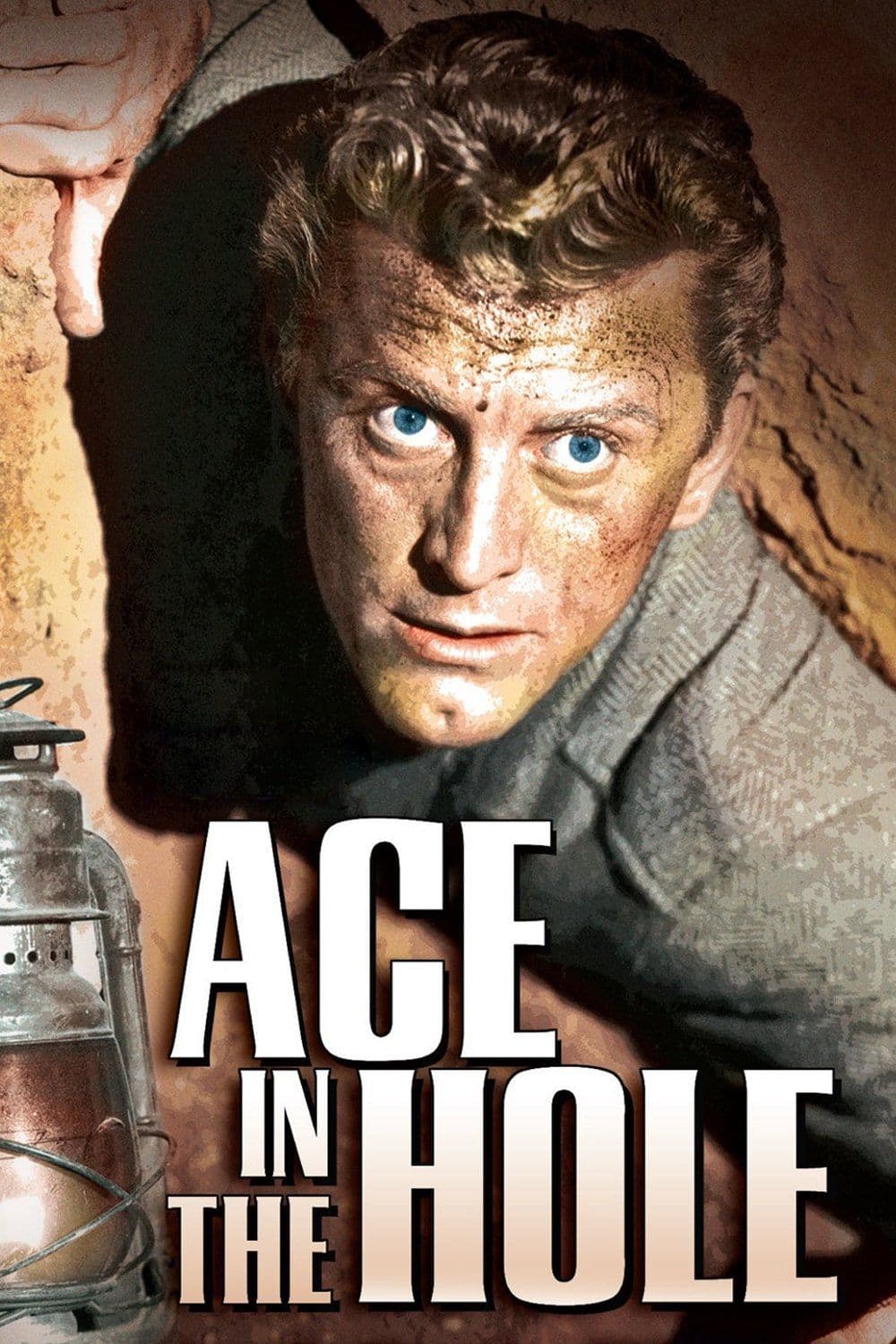
Ace in the Hole
1951
Rate this movie
Average: 0.00 / 5
(0 votes)
Director
Wilder, sweeping low over the labyrinth of human ambition, documents every sordid recess from a privileged position, with a surgical lucidity and a ruthless honesty that characterize his most incisive cinema. This is not merely the story of one man, but the vivisection of a society that, in times of peace and relative prosperity, risks losing its moral compass in the frantic pursuit of clamor and profit.
Through a work that raised more than a few questions about the role of the press in a democratic country – and which, even today, resonates with chilling relevance in the global information landscape – the Austrian director pulls from his hat a character who embodies the archetype of failure and cynicism. The film, titled "The Big Carnival" in the United States, already in its alternative title revealed the profound and grotesque truth inherent in the narrative: human tragedy transformed into a sideshow.
Chuck Tatum is a journalist with a sharp tongue and elastic morality, dismissed from the major metropolitan journalistic circuit due to his professional dishonesty and relegated to a small newspaper in Albuquerque, a voluntary but forced exile in a desert as much physical as moral. The man sees every career plan frustrated, every craving for redemption gnawing at him from within like corrosive acid, but he glimpses in a local news event the possibility of giving his professional ambitions a new and devastating push.
A worker has indeed become trapped in a New Mexico mine, a trivial accident that mocking providence or cynical fate places into his hands. Tatum plunges headfirst into the story, transforming it from a simple unfortunate event into an epic, attention-grabbing piece, lighting a fuse that will explode a personal tragedy into an unprecedented media circus. He doesn't merely recount the facts; he shapes them, distorts them, deliberately slowing down rescue efforts to prolong the agony and fuel public interest, transforming hope into a tool of manipulation. The mine site thus becomes a mass tourist attraction, a horror carnival where souvenirs are sold, people dance, eat popcorn, and the suffering of the trapped man dissolves into the roar of the crowd, into the indifference of those seeking only cheap thrills. But the media circus that will erupt around the incident, a vortex of morbidity and opportunism, will also engulf him, in an inevitable nemesis that Wilder, with his unmistakable tragic vein, spares none of his corrupted characters.
A mention of honor, indeed, an authentic consecration, belongs to Kirk Douglas, whose performance is not only equal to the screenplay but enhances every nuance, every contradiction. Douglas embodies Chuck Tatum with an almost painful intensity, a Luciferian charisma that makes the character repulsive and fascinating at the same time. His gaze, sometimes contemptuous, sometimes desperate, his posture of constant defiance towards the world, his ability to convey the deepest cynicism hidden behind a façade of brazen confidence: all contribute to making Tatum an icon of unscrupulous journalism, a man who traded his soul for the thrill of a front page. It is a masterful performance that ranks among the peaks of his career, capable of imprinting upon the audience the mark of a self-imposed solitude and an unappealable condemnation.
In watermark, yet with an impending presence, Wilder's ever-vigilant eye shapes the story without any moral pretense, without granting a glimmer of easy redemption or forced consolation. There is no didacticism, only an implacable objectivity that lays bare the chronicle and leaves to the viewer every possible moral implication, every reflection on the corruption of the human soul and institutions. The director, with his past as a witness to European propaganda and distortions, pours into this film his profound distrust of human nature when exposed to the temptations of power and celebrity. "Ace in the Hole" is a psychological noir disguised as a journalistic drama, where the true mystery is not who committed a crime, but how far a man is willing to go to redeem a failure, and how prone a society is to glorify mediocrity and cruelty disguised as enterprise. Its commercial failure at the time of its release, perhaps because it was too uncomfortable and prophetic, only amplifies its genius today, confirming it as one of Billy Wilder's most bitter and incisive masterpieces, a cry of warning that time has not been able to dampen.
Country
Gallery
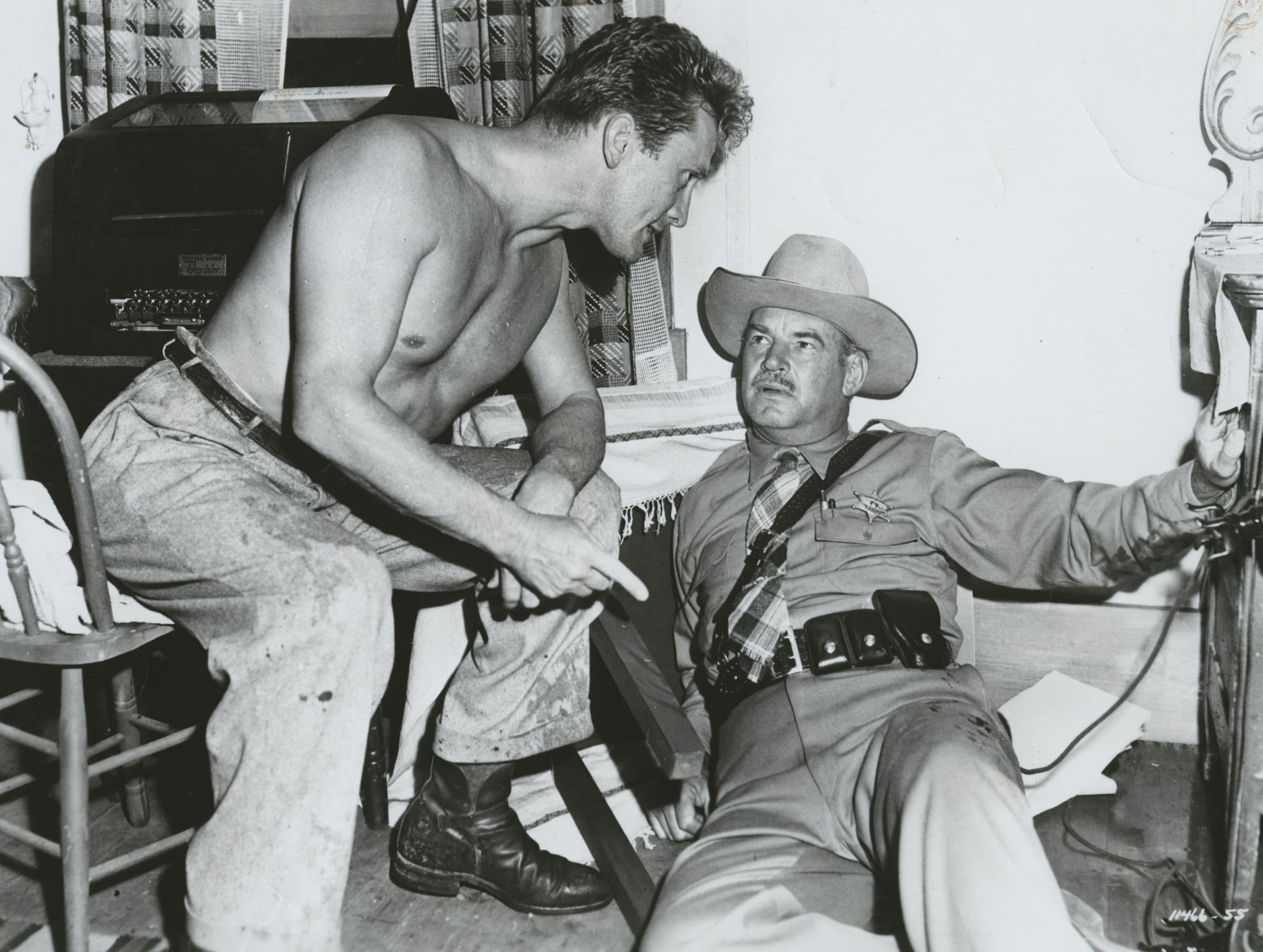

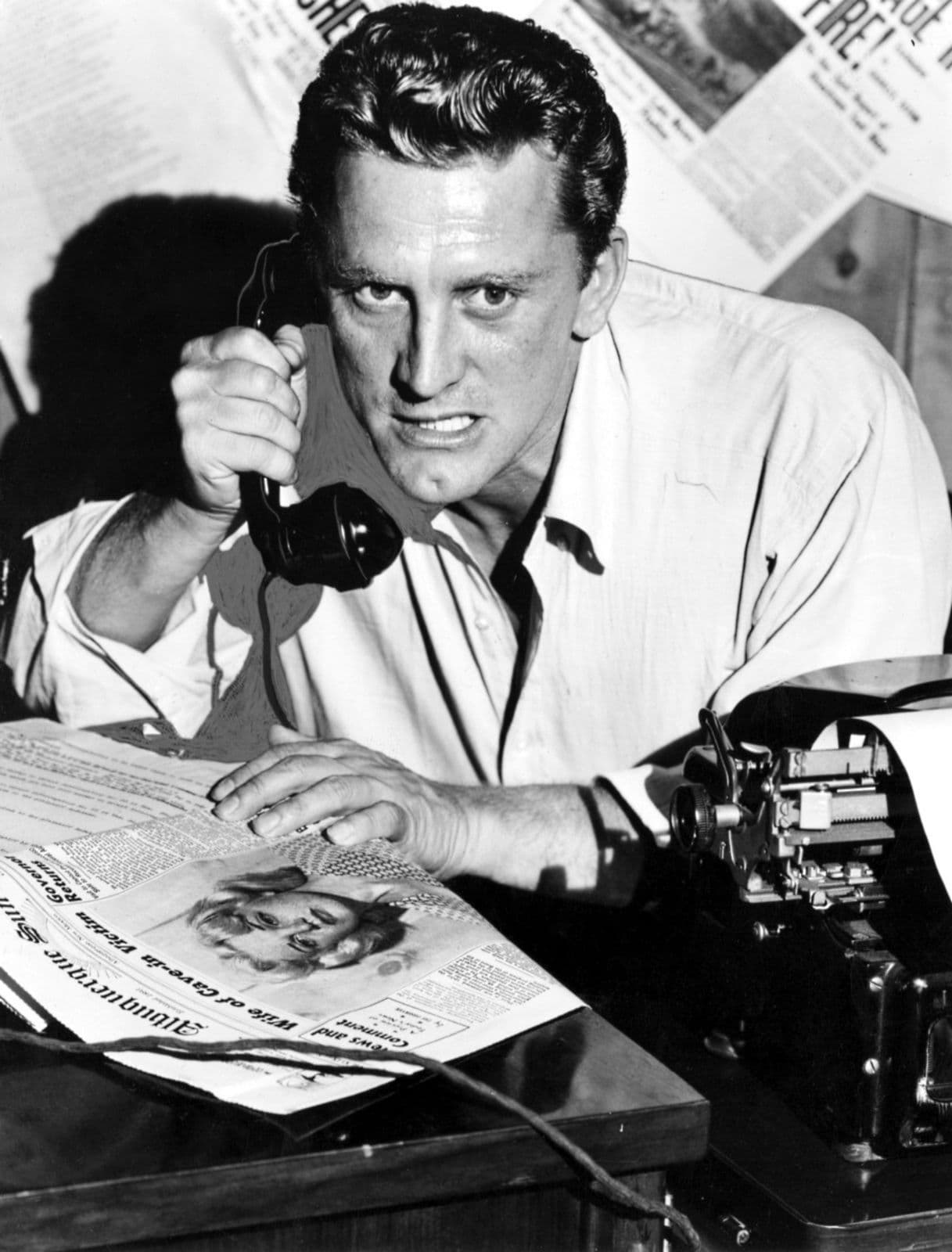
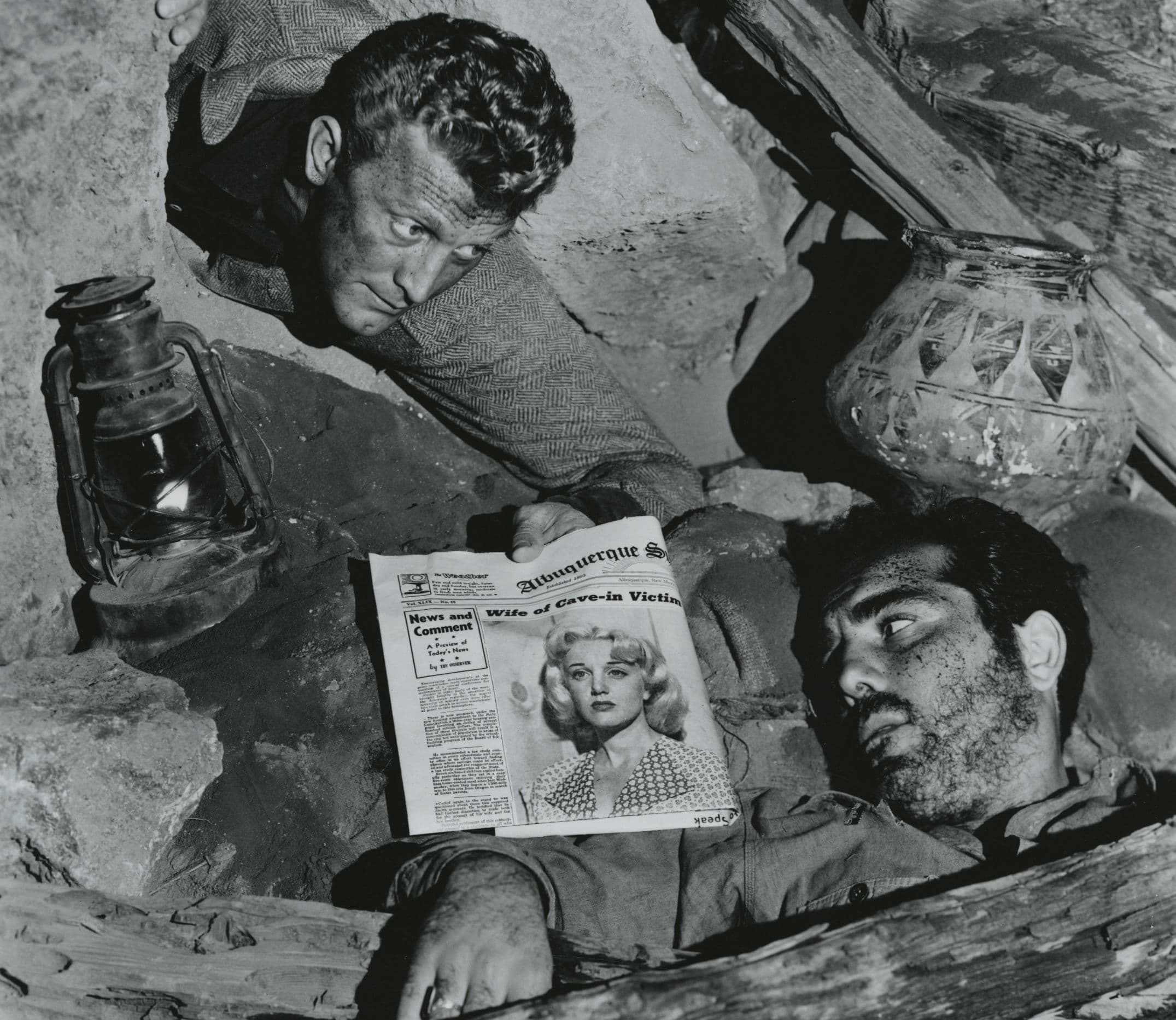
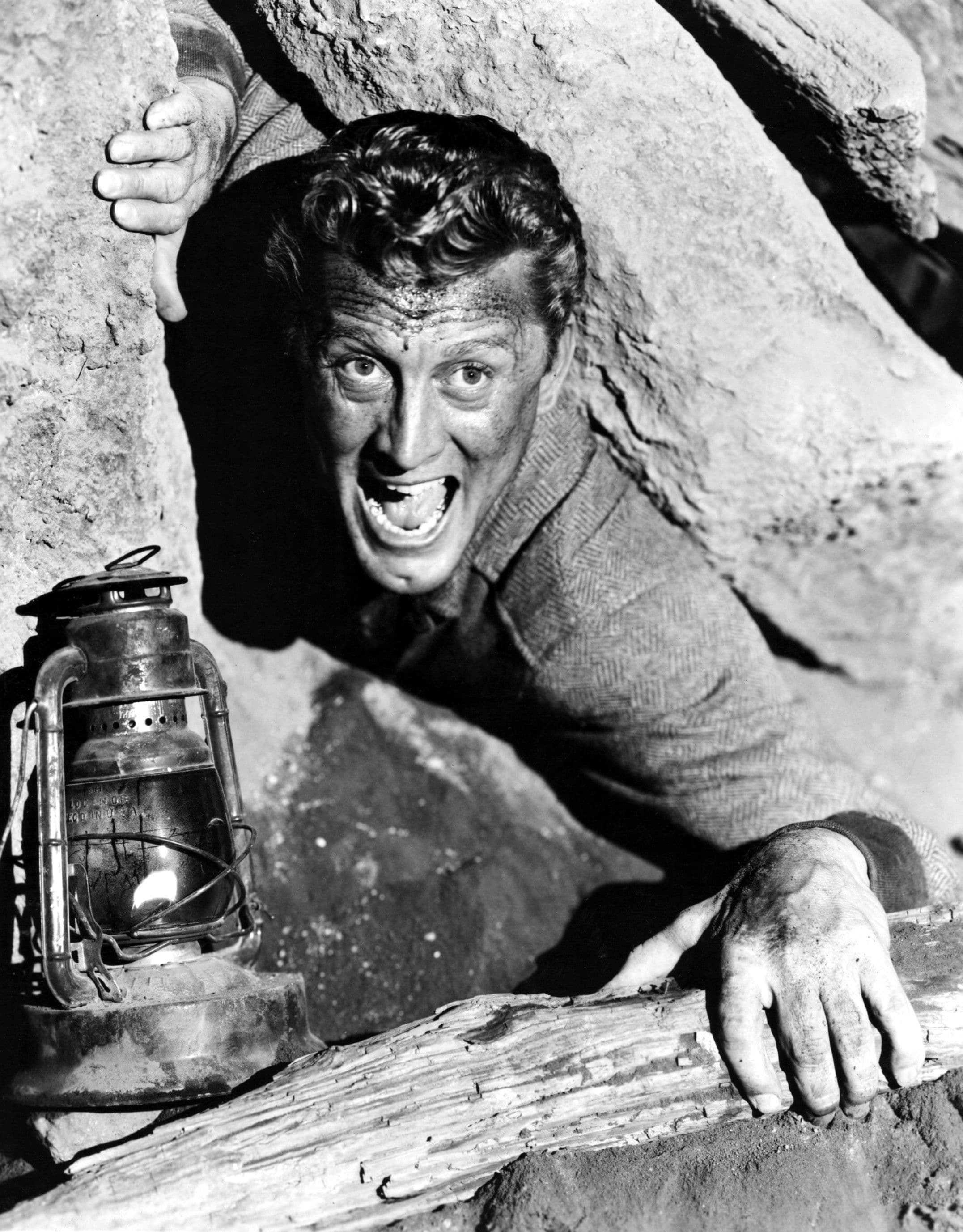
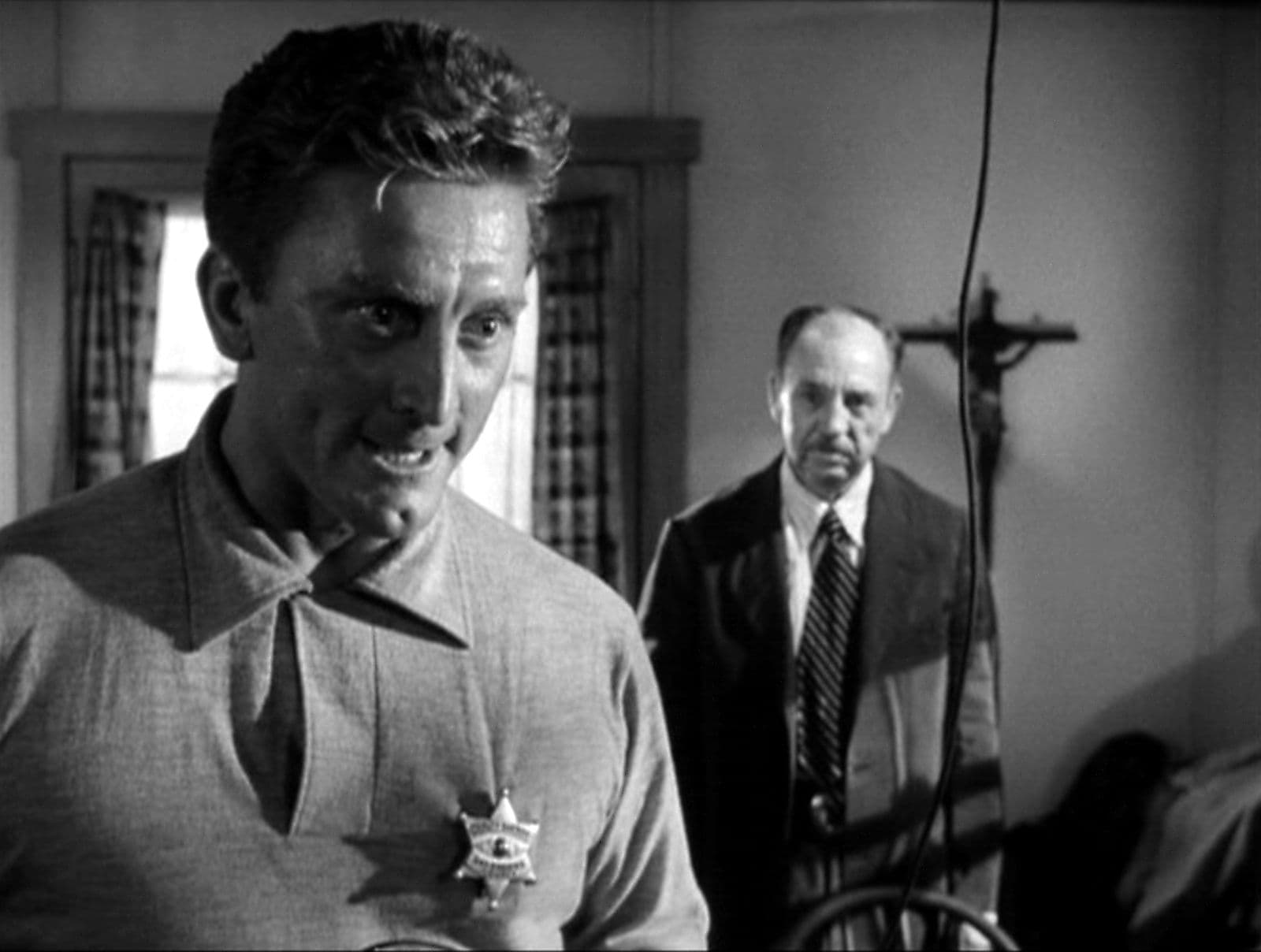
Featured Videos
Official Trailer
Comments
Loading comments...